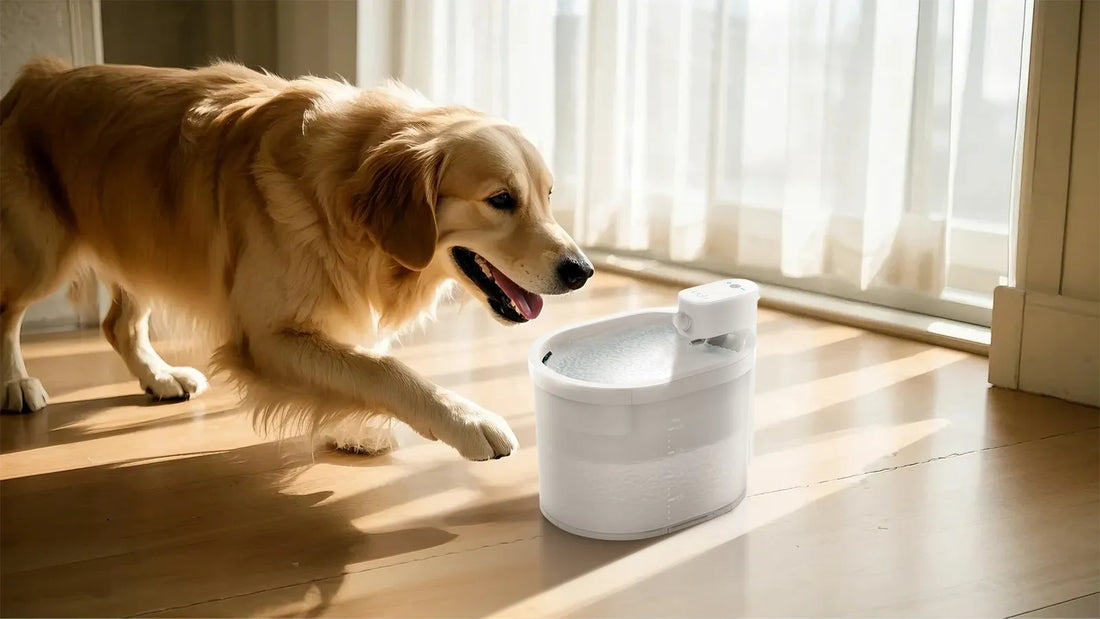If you've ever walked into a room only to find that your cat has pooped outside the litter box, you're not alone. This common issue can be frustrating for pet owners, but understanding the underlying causes is the first step toward resolving it. Cats are creatures of habit, and any deviation from their usual behavior often signals an underlying problem. In this article, we'll explore the reasons why your cat might be avoiding the litter box and provide actionable solutions to help you restore harmony in your home.
Common Causes of Cat Pooping Out of Litter Box
There are several reasons why a cat might choose to poop outside the litter box. Identifying the root cause is essential for addressing the issue effectively. Here are some of the most common factors:
Medical Issues
Health problems are often the primary reason for litter box avoidance. Conditions such as urinary tract infections, gastrointestinal disorders, or arthritis can make it painful or difficult for your cat to use the litter box. If your cat suddenly starts pooping outside the box, a visit to the veterinarian is crucial to rule out any medical concerns.
Litter Box Preferences
Cats can be picky about their litter box setup. Factors such as the type of litter, the size of the box, and its location can influence your cat's willingness to use it. Some cats prefer unscented litter, while others may avoid a box that's too small or difficult to access.
Stress and Anxiety
Cats are sensitive to changes in their environment, and stress can lead to behavioral issues, including litter box avoidance. Events such as moving to a new home, introducing a new pet, or changes in the household routine can trigger anxiety in your cat.
Territorial Behavior
In multi-cat households, territorial disputes can lead to litter box problems. If one cat feels threatened or intimidated by another, they may avoid the litter box altogether. Ensuring each cat has their own designated space and resources can help alleviate this issue.
How to Address Cat Pooping Out of Litter Box
Once you've identified the potential cause of your cat's behavior, you can take steps to address the problem. Here are some practical solutions to consider:
Consult a Veterinarian
If you suspect a medical issue, schedule a visit to the veterinarian as soon as possible. A thorough examination can help diagnose any underlying health problems and ensure your cat receives the appropriate treatment.
Evaluate the Litter Box Setup
Assess your cat's litter box setup to ensure it meets their preferences. Experiment with different types of litter, box sizes, and locations to find what works best for your feline friend. Additionally, make sure the litter box is cleaned regularly to maintain a hygienic environment.
Reduce Stress and Anxiety
If stress is the culprit, take steps to create a calm and secure environment for your cat. Provide hiding spots, vertical spaces, and interactive toys to help alleviate anxiety. In some cases, pheromone diffusers or calming supplements may also be beneficial.
Address Territorial Issues
In multi-cat households, ensure each cat has access to their own litter box, food, and water bowls. Providing separate resources can help reduce competition and prevent territorial disputes. Additionally, consider adding extra litter boxes in different locations to give your cats more options.
Preventing Cat Pooping Out of Litter Box
Prevention is key to ensuring your cat continues to use the litter box consistently. Here are some tips to help prevent future issues:
Maintain a Clean Litter Box
Regularly clean the litter box to remove waste and replace the litter as needed. A clean and odor-free box is more appealing to your cat and encourages consistent use.
Monitor Your Cat's Health
Keep an eye on your cat's overall health and behavior. Regular veterinary check-ups can help detect and address potential health issues before they lead to litter box problems.
Create a Stable Environment
Minimize changes in your cat's environment and routine to reduce stress. If changes are unavoidable, introduce them gradually and provide plenty of reassurance to help your cat adjust.
Provide Adequate Resources
Ensure your cat has access to all the resources they need, including food, water, and a comfortable resting area. A well-cared-for cat is less likely to develop behavioral issues.
Dealing with a cat that poops outside the litter box can be challenging, but with patience and persistence, you can resolve the issue and restore peace in your home. By understanding the potential causes and implementing the right solutions, you can help your cat feel comfortable and secure. Remember, every cat is unique, so it may take some trial and error to find the approach that works best for your furry friend. Start by addressing any medical concerns, optimizing the litter box setup, and creating a stress-free environment. With time and effort, you can ensure your cat stays happy, healthy, and content in their litter box habits.













